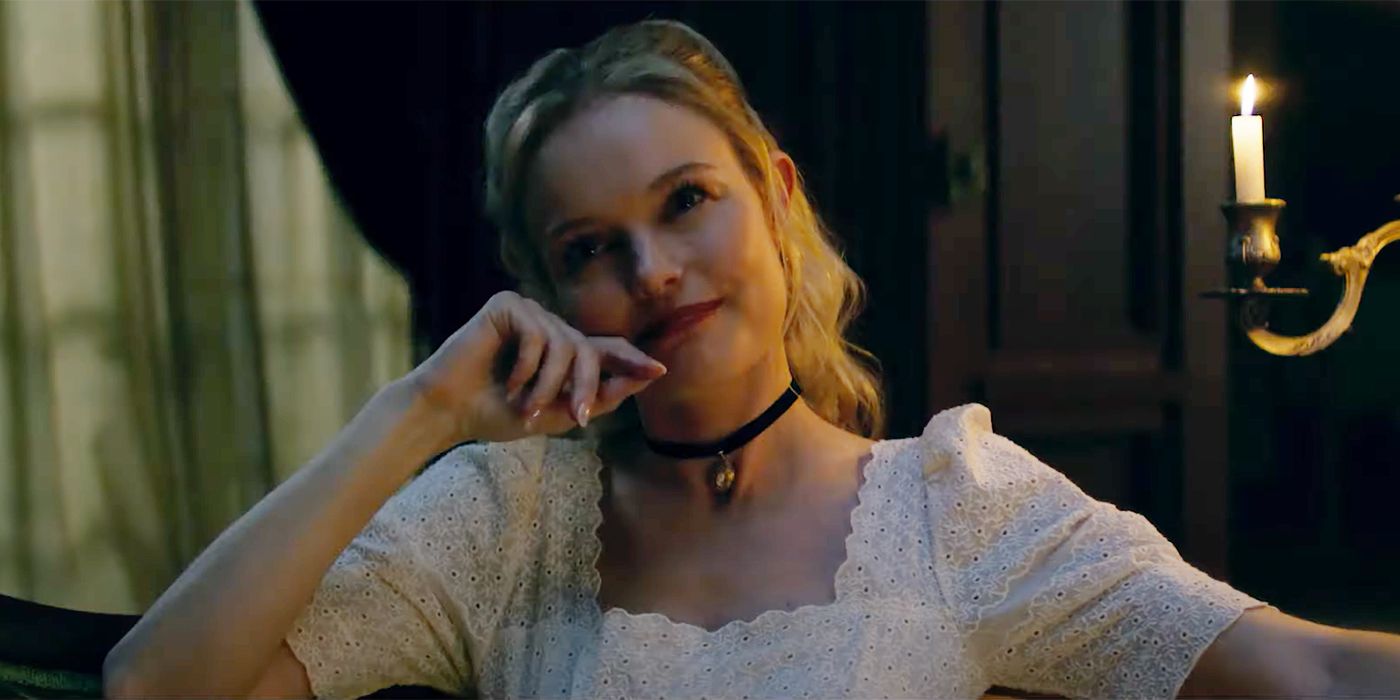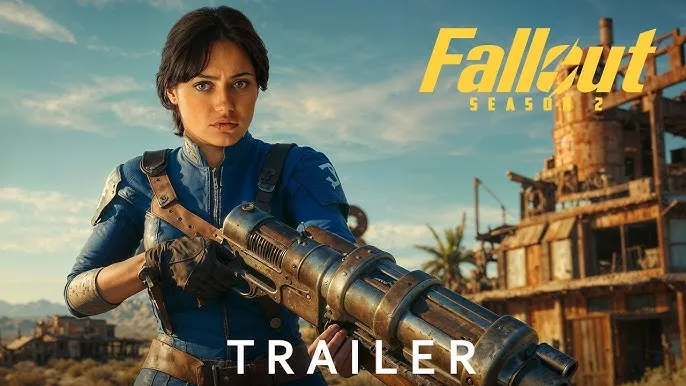“Charm is a weapon. And he brought a knife to a gunfight.”
House of Darkness (2022), directed by Neil LaBute, is a modern gothic tale that cleverly weaves together dark humor, gender politics, and ancient horror. The film begins like a date-night fantasy: a handsome man drives a mysterious woman to her remote mansion after meeting at a bar. But what starts as flirtation quickly spirals into something far more sinister.
The story centers on Hap (Justin Long), a smooth-talking bachelor who believes he's in for a casual night of romance with the enigmatic Mina (Kate Bosworth). But the secluded estate, candlelit halls, and cryptic conversations hint that something is terribly off. As the night stretches on, more women arrive, the tension thickens, and Hap realizes he’s not in control — he’s being hunted.

What makes House of Darkness so effective is its stripped-down structure: it relies less on jump scares and more on creeping dread, sharp dialogue, and the slow unraveling of intent. The film plays like a stage piece — intimate, claustrophobic, and haunting. It flips the power dynamics of traditional horror, turning the male predator trope on its head with biting commentary.
Visually, the film uses candlelight and shadow to amplify unease. The estate feels like a timeless trap — cold, elegant, and full of secrets. LaBute’s script leans into mythological references, hinting that the women Hap encounters might be more than human — perhaps creatures of vengeance older than he could ever understand.

Ultimately, House of Darkness is about assumptions and accountability. It's a cautionary tale wrapped in gothic horror, reminding viewers that some doors, once opened, can’t be closed — and some invitations lead directly into the abyss.
-1752550435-q80.webp)

-1750305945-q80.webp)
-1749451508-q80.webp)